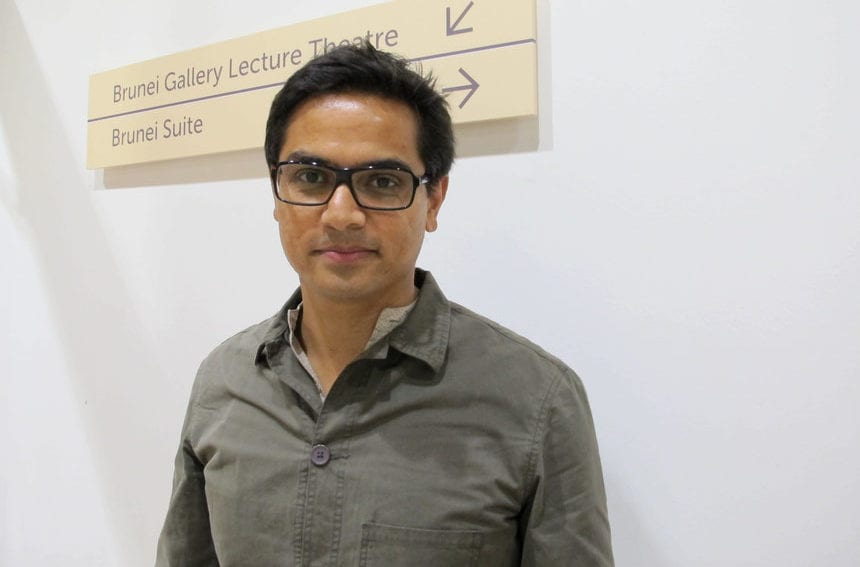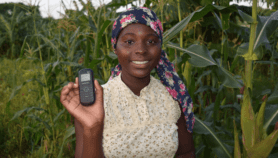By: Imogen Mathers
Send to a friend
The details you provide on this page will not be used to send unsolicited email, and will not be sold to a 3rd party. See privacy policy.
If you are unable to listen to this audio, please update your browser or click here to download the file [3.7MB].
The powerful combination of interactive radio and mobile phones is a force for political change in East Africa, says researcher Sharath Srinivasan in this audio interview.
As director of the Centre of Governance & Human Rights at the University of Cambridge, United Kingdom, Srinivasan leads a team that uses ethnographic research, behavioural data and audience surveys to analyse how people in Kenya, Uganda and Zambia use radio for political and social debate. He says that call-in shows are hugely popular in these countries, particularly in rural areas where radio remains the dominant form of media. The rise of these shows has compelled politicians to tune in and directly engage with the on-air debates, Srinivasan says, shifting the relationship between people and policymakers.
But challenges remain. Political pressures can hamper broadcaster freedoms, Srinivasan says, and the use of radio to incite violence in Kenya after the 2007 election has made stations wary about interactive shows.














